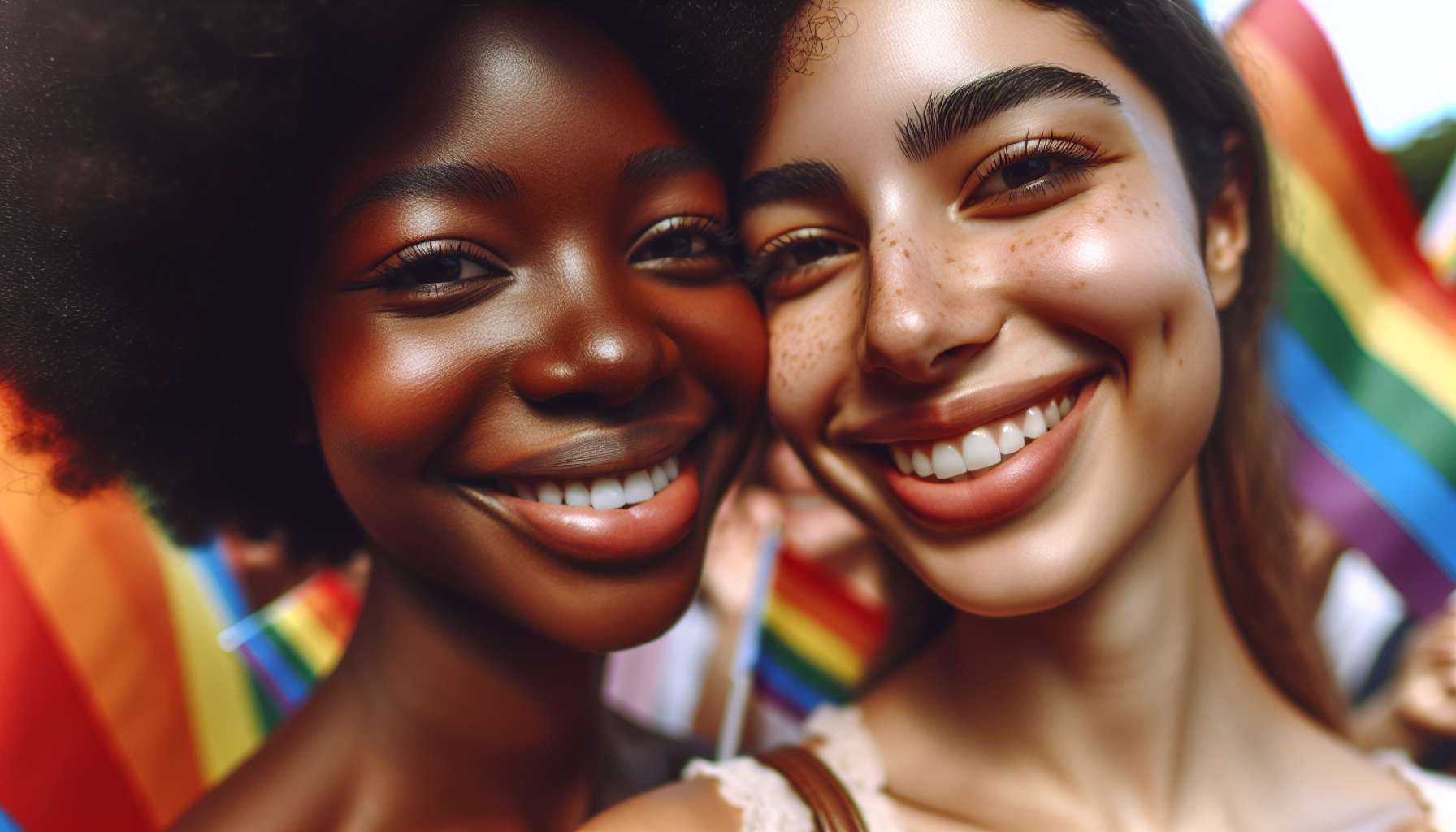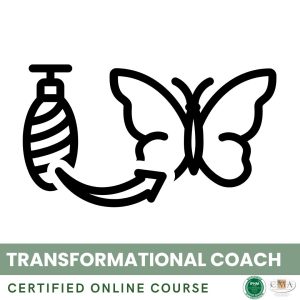Lesbian individuals constitute an important and visible portion of the LGBTQ+ community. The term “lesbian” refers to a woman who feels emotional, romantic, and/or sexual attraction towards other women. Beyond this definition, it is vital to understand the diversity and richness of lesbian experiences.
Historically, lesbians have played a key role in both feminist and LGBTQ+ movements. Figures such as Audre Lorde, an African American poet and activist, have highlighted the intersection of the fights against sexism, racism, and homophobia. Lesbians have been at the forefront of battles for equal rights, such as during the Stonewall riots in 1969, which marked a turning point in the visibility and affirmation of LGBTQ+ individuals.
Lesbian culture has been built and expressed through various media and spaces. Literature has been a medium to tell and pass on lesbian stories and experiences, with emblematic authors such as Virginia Woolf, Gertrude Stein, or more recently, Alice Walker. Cinema has also contributed to making visible love between women, from cult movies like “Blue is the Warmest Color” to series like “The L Word,” which have influenced generations. Bars, bookstores, and festivals have been and remain significant places for socializing, meeting, and expressing for lesbians.
However, despite these strides, lesbians still face numerous challenges in terms of recognition and representation. Lesbianism often remains unseen, including within LGBTQ+ communities where gay men’s standing is often more prominent. Lesbians bear a double discrimination, as women and as homosexual individuals. They confront stubborn stereotypes, such as the “phase” young women would go through before “returning” to heterosexuality. Their sexuality is often eroticized by the heterosexual male gaze instead of being regarded as a full-fledged orientation.
Lesbians also experience specific issues such as medical lesbophobia. They might face a lack of knowledge from health professionals about their needs, for example, in terms of STI screening or breast cancer. Accessing parenthood is another major challenge, with persistent legal and social obstacles for women couples.
In response to these challenges, lesbians organize and mobilize within associations and solidarity networks. They fight for their visibility, whether by organizing lesbian pride marches or by creating their own cultural contents. They claim the legitimacy of their identities and life choices.
As an LGBTQ+ coach, it’s essential to be aware of these challenges to better assist lesbians in their journey of acceptance and affirmation. This includes deconstructing one’s own prejudices, using inclusive language, and knowing the community resources to refer when necessary. It also means embracing the diversity of lesbian experiences from butch to fem, to non-binary persons attracted to women. The aim is to allow every individual to define their identity and live their love and/or sexual relationships in a fulfilling and free way.
Key points to remember:
– Lesbians are women attracted emotionally, romantically and/or sexually to other women. Their experiences are diverse and rich.
– They have played a vital role in feminist and LGBTQ+ movements, combating sexism, racism, and homophobia. The Stonewall riots in 1969 marked a turning point for the visibility of LGBTQ+ individuals.
– Lesbian culture is expressed through literature, cinema, social spaces like bars or festivals.
– Despite progress, lesbians continue to confront invisibility, stereotypes, and double discrimination as women and homosexuals. Their sexuality is often eroticized by the heterosexual male gaze.
– They face specific issues like the lack of medical knowledge on their needs or obstacles to parenthood.
– Lesbians mobilize within associations to fight for their visibility and their rights.
– As an LGBTQ+ coach, one should be aware of these issues, dismantle their prejudices, use inclusive language, and be familiar with community resources.
– The goal is to allow each lesbian to define her identity and live her relationships in a fulfilling way, while embracing the diversity of their experiences.
👉 To download docx (Editable) file click here : Click here
👉 To download PDF file click here : Click here
👉 To download MP3 file click here : Click here







